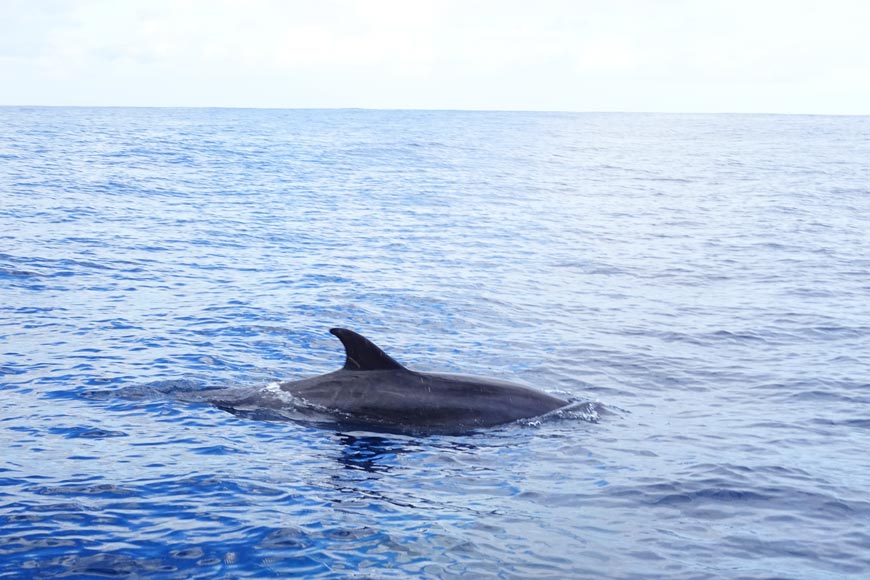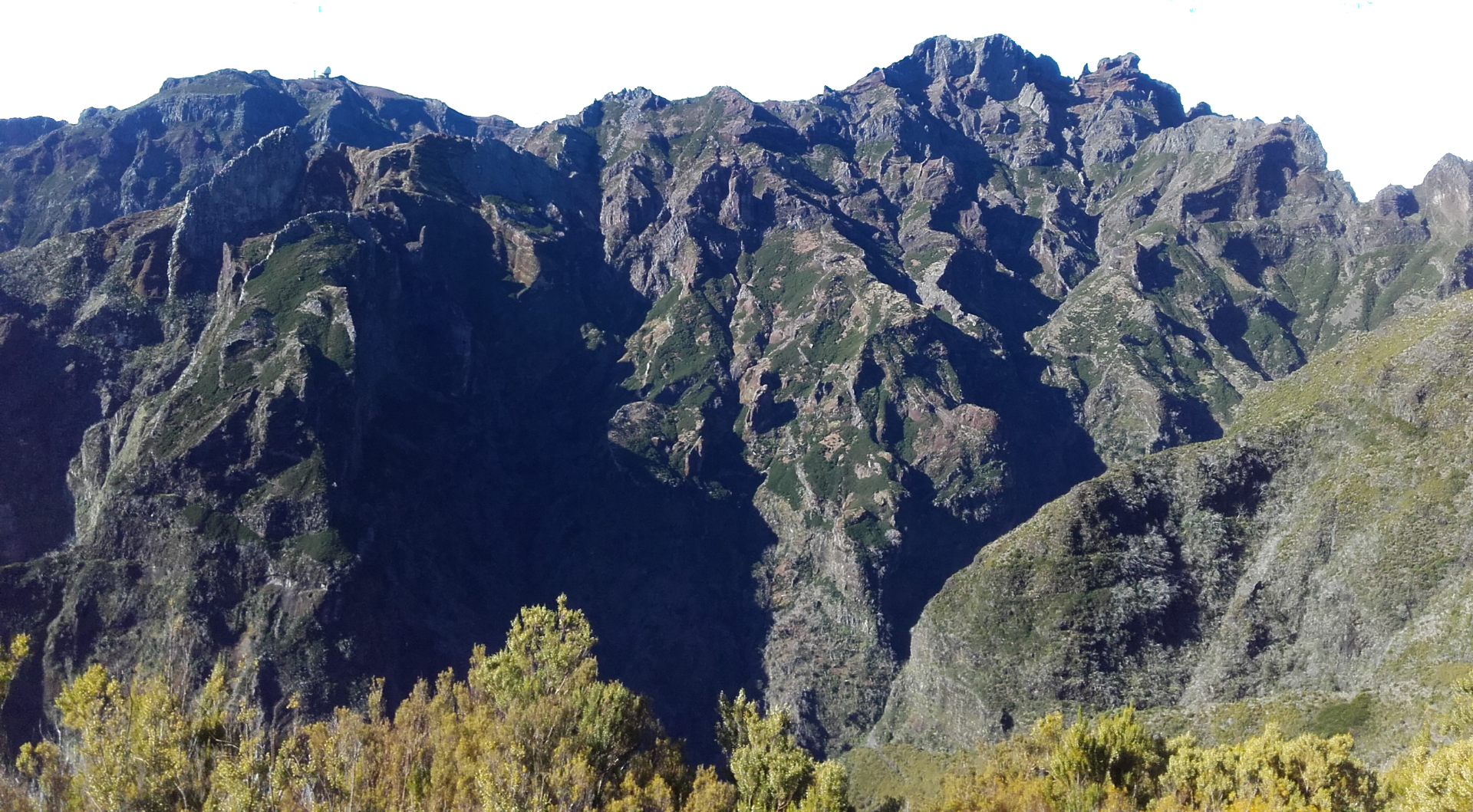Memories of a lifetime on your self-guided walking holiday in the Azores
The archipelago of the Azores is a scattering of 9 islands in the Atlantic Ocean, also known as ‘the Pearls of the Atlantic’. Located half-way between north America and Europe, these ‘pearls’ have a unique ecosystem with waters rich in fish that attract cetaceans. For this reason, this volcanic archipelago is now one of the largest whale sanctuaries in the world.
From the second half of the 18th century, whaling was an important economic activity for many of the islands of the archipelago, at a time when the American boats started to arrive on the waters surrounding the Azores. A century later, the first experiments in sperm whale hunting were carried out on the island of Pico. This activity flourished up to the middle of the 20th century, until it was banned in 1984.
Azores walking tour : whaling for pleasure!
Today, whaling has been transformed in a highly appreciated tourist attraction. There are numerous departure points on many of the islands for those who wish to discover these magnificent mammals. Your whaling tour begins on dry land, with the skipper of your boat who will brief you on the outing, the different species that you may see and the necessary precautions to take so as not to interfere with marine life.
Then, you hop aboard a Zodiac type boat with a capacity of around 15 people and you set off for 3 hours at sea with your skipper who shares his knowledge and passion throughout the trip and can answer any questions you may have.
In these waters, it is possible to spot up to 20 different species of cetacean during the high season: spotted dolphins, sperm whales, whales, bowhead whales and baleen whales to name a few. During the winter months, there are fewer species in these waters, but it is still possible to spot a blue whale. Walking in the Azores can be enjoyed all year-round and a whale watching trip is just as versatile. Don’t forget your camera to immortalize the moment that the whole family will love!
If the weather does not permit an outing at sea, you can still brush up on your cetacean knowledge by visiting the many museums and interpretation centres on the islands of Pico and Faial.




